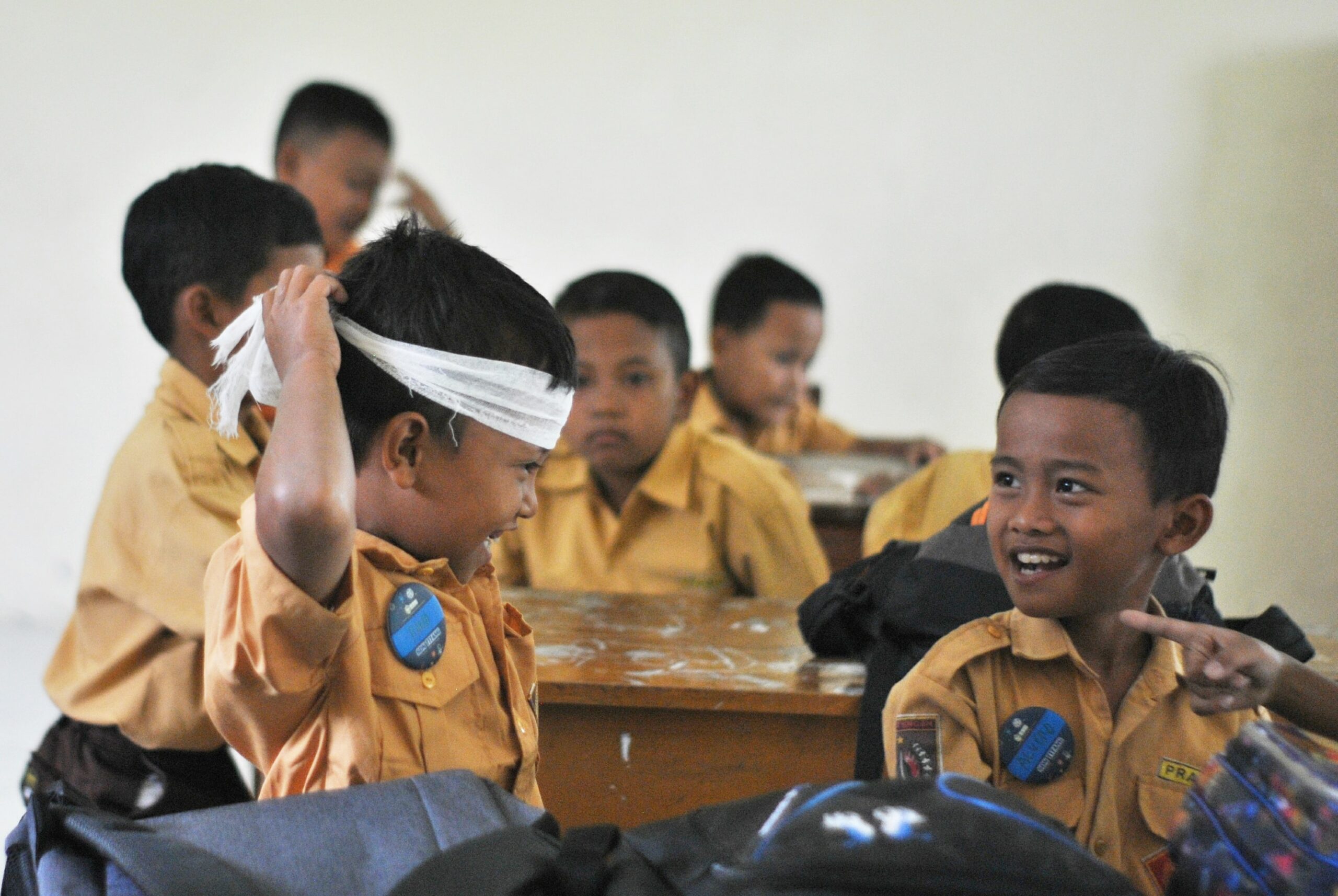What will schools look like post Covd19? The Covid19 crisis has come upon us quite suddenly and most feel ill equipped to deal with it. It’s incredible when backed up against a wall, we can think of ingenious ways of connecting with each other.
Fortunately over the last few years work from home as a concept has gained a lot of traction. Technology in its many different forms has been a key enabler that has led to this shift. So while the situation is bad a lot of work is still possible because of technology.
 Moodle, Google Classrooms have been around for a while but now classes are also via Zoom. These technologies were already gaining traction, but now there is more widespread adoption. The digital technology, media and information age that we are part of, had already ensured the presence of these tools.
Moodle, Google Classrooms have been around for a while but now classes are also via Zoom. These technologies were already gaining traction, but now there is more widespread adoption. The digital technology, media and information age that we are part of, had already ensured the presence of these tools.
Instead of the future of work, it is now the present of work, of our social lives and also of schools. Being in lock down, there is uncertainty in the timeline when our normal lives will be possible. Schools have seen that starting with training of teachers, to planning lessons and now conducting classes online. They have begun to deal with the situation.
There will be challenges, as there will be more dependence on the student driven learning, more engagement from the parents in being part of the child’s learning. Private schools are better geared towards these decisions, the government schools and the ones from the economically weaker sections will need to play catch up. But that does not mean we cannot begin to innovate. The teachers can account on greater tools to track, monitor (& analyse) progress of their students. Greater child centered learning.
 Project based learning is well suited to this challenge. It will be interesting how teachers are able to channelize student curiosity to greater learning. Perhaps, we are already simulating their future workspaces. Given this scenario one expects pedagogies such as project based learning to become more robust in fulfilling the learning needs of students.
Project based learning is well suited to this challenge. It will be interesting how teachers are able to channelize student curiosity to greater learning. Perhaps, we are already simulating their future workspaces. Given this scenario one expects pedagogies such as project based learning to become more robust in fulfilling the learning needs of students.
Classrooms need no longer be bound with geographies. It is about collaboration, imagine a child in Chennai collaborating on a project with children in China, US, France and UK. That would mean that there will also be a radical shift in design of our physical spaces – our classrooms, our schools and libraries. Not just open classrooms, small group rooms, large group rooms, conference rooms. Much like a modern day office? I would love to hear from educators and architects on how they envision this space.
 In such scenarios it could bring the world closer together in seeking solutions; much like the current scenario where the entire world is trying to confront a global crisis. Sharing of experiences, solutions and project works will not only encourage a greater collaboration worldwide but also build cultural sensitivity and understanding.
In such scenarios it could bring the world closer together in seeking solutions; much like the current scenario where the entire world is trying to confront a global crisis. Sharing of experiences, solutions and project works will not only encourage a greater collaboration worldwide but also build cultural sensitivity and understanding.
Do share your thoughts on the future of schools, by responding to this survey link. Click Here
You could also write to us to share your thoughts: marketing@newtonschools.in



